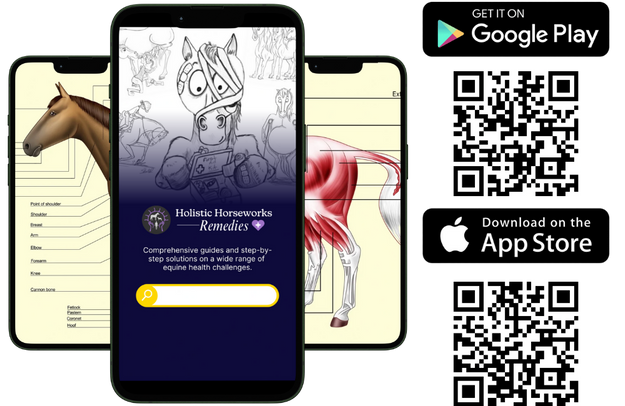Emotional Healing for Healthier & Happier Horses
Share this episode:
Table of Contents
In this episode of Holistic Horseworks Talks, April Love delves into equine care, focusing not only on the physical aspects but also on the emotional well-being of horses. She discusses the importance of addressing the emotional component, as it directly affects the horse’s behavior, performance, and overall health. Additionally, she goes over the importance of emotional healing for horse owners and how their emotions can impact the health of the horse. And vice versa.
When it comes to the care of our equine companions, there’s far more beneath the surface than meets the eye. Beyond their physical needs, horses possess a rich emotional world that significantly impacts their well-being. As horse owners, trainers, and caretakers, it’s important to recognize and address the emotional aspects of our horses’ health to ensure they lead content, healthy, and balanced lives.
The Importance of Emotional Well-Being in Horses
Traditionally, the focus of equine care has been largely centered on physical health—ensuring proper nutrition, exercise, and medical attention. However, a growing understanding of the link between emotions and physical well-being is reshaping how we approach horse care.
By addressing emotional imbalances alongside physical health, horse owners and caretakers can offer a comprehensive approach to improving well-being. This approach may involve various techniques to help horses release trapped emotions and find emotional equilibrium, including more quality time, bodywork, energy work, aromatherapy, acupressure, and more. These methods aim to restore emotional balance and create an environment of relaxation, trust, and healing for the horse.
The Role of Trapped Emotions
Just like humans, horses experience a range of emotions, from joy and contentment to fear and anxiety. These emotions aren’t just abstract concepts; they can manifest in physical tension, behavior changes, and even health issues. This connection between emotions and health is particularly evident in horses. For instance, stress or anxiety can lead to the release of adrenaline, affecting heart rate, digestion, and overall comfort.
Emotions that aren’t processed or released can become trapped within a horse’s body. These trapped emotions may stem from past traumas, negative experiences, or simply the challenges of everyday life. Over time, these emotions can contribute to physical discomfort, behavioral problems, and a decreased quality of life.
For example, a horse that has experienced a traumatic event might develop behavioral issues such as restlessness, aggression, or resistance during training. These behaviors can be traced back to the horse’s emotional state and their attempts to cope with unprocessed emotions.
Recommended Resource: One book I always recommend to people who take our programs is “The Emotion Code” by Dr. Bradley Nelson. This book provides excellent insights into the connection between emotions and physical health, both in humans and animals.
Recommended Book: The Emotion Code
Get It On Amazon
Healing for Horse and Owner
Horses are incredibly sensitive beings, attuned to the emotions and energies of those around them. As empathetic creatures, horses can mirror and absorb the emotions of their owners, often taking on their caregivers’ stress, anxiety, or even unresolved emotional baggage. Similarly, horse owners, too, can inadvertently pick up on their horse’s emotions, internalizing their equine companion’s feelings. This dynamic exchange can create a deep connection but also potentially lead to emotional imbalances for both.
Recognizing this interplay is an important part of emotional healing for horses. By addressing our own emotional wounds, we create a positive ripple effect. Our healing journey not only benefits us but also translates into a more balanced partnership with our equine friends. As we release our own emotional blockages, we provide our horses with a safe space to heal and thrive, fostering an environment of mutual well-being and emotional resonance.
And I know you’ve heard it before, but you can’t fill from an empty cup. If your own energetic reserves are running on empty, you can’t be expected to effectively help your horse. Part of a truly holistic approach to horse care involves caring for yourself so you can care for them!
Releasing Stuck and Stagnant Energy
Concepts from Traditional Chinese Medicine (TCM) add a unique perspective and a new depth of practice when it comes to equine care. In TCM, both horse and human bodies have Meridians, or energetic pathways, that flow through the body, serving as channels to circulate life force and connecting the various organ systems that interplay with each other and affect total well-being. By working with these subtle energy channels, practitioners can facilitate the free flow of energy, promoting physical and emotional well-being.
Techniques such as acupressure, acupuncture, and Reiki focus on stimulating or clearing meridian points to harmonize the body’s energy and promote balance. As sensitive and sentient beings, horses respond remarkably well to these therapies.
Equine Acupressure Meridian Chart
Get It On Amazon
The Journey of Sensitive Development
Now, it’s time to address skepticism and hesitations: Does this work? Our answer is just to try it! We’ve seen an emotionally centered approach to healing work wonders for thousands of horses and horse owners who try the Holistic Horseworks program. Time and time again.
So many people are closed off to their own emotions, that it can be difficult to not only address but also accept emotional healing as a helpful modality for horses. But we all have to start somewhere, and it’s all part of the journey.
You might also be wondering if you’re cut out for this type of work. I recall a time when I first started doing this kind of work with horses and was told that I flat-out wasn’t sensitive enough! Instead of giving up, I persevered, and this dedication led to the foundation of an incredible business and program helping others to learn how to do the same.
I encourage you to embrace this journey and gradually open up to your own intuitive and energetic capabilities that are just waiting to be tapped! The worst thing you can do is not even try.
Creating a Balanced Environment for Horses and Humans
By integrating emotional healing practices into your equine care routine, you can create a harmonious and balanced environment for both you and your horse. The emotional component in their care promotes more effective postures and ensures that their emotional health is reestablished along with their physical well-being. Releasing negative emotions and stagnant energies from horse owners enables their horses to enjoy better physical and mental health and even more happiness. This helps to create an incredible intimacy between the horse and the human.
In conclusion, caring for your horse’s emotional health is just as vital as addressing their physical needs. By taking a holistic approach that considers both, you can help your horse lead a healthier, happier life—and in the process, enrich your own.
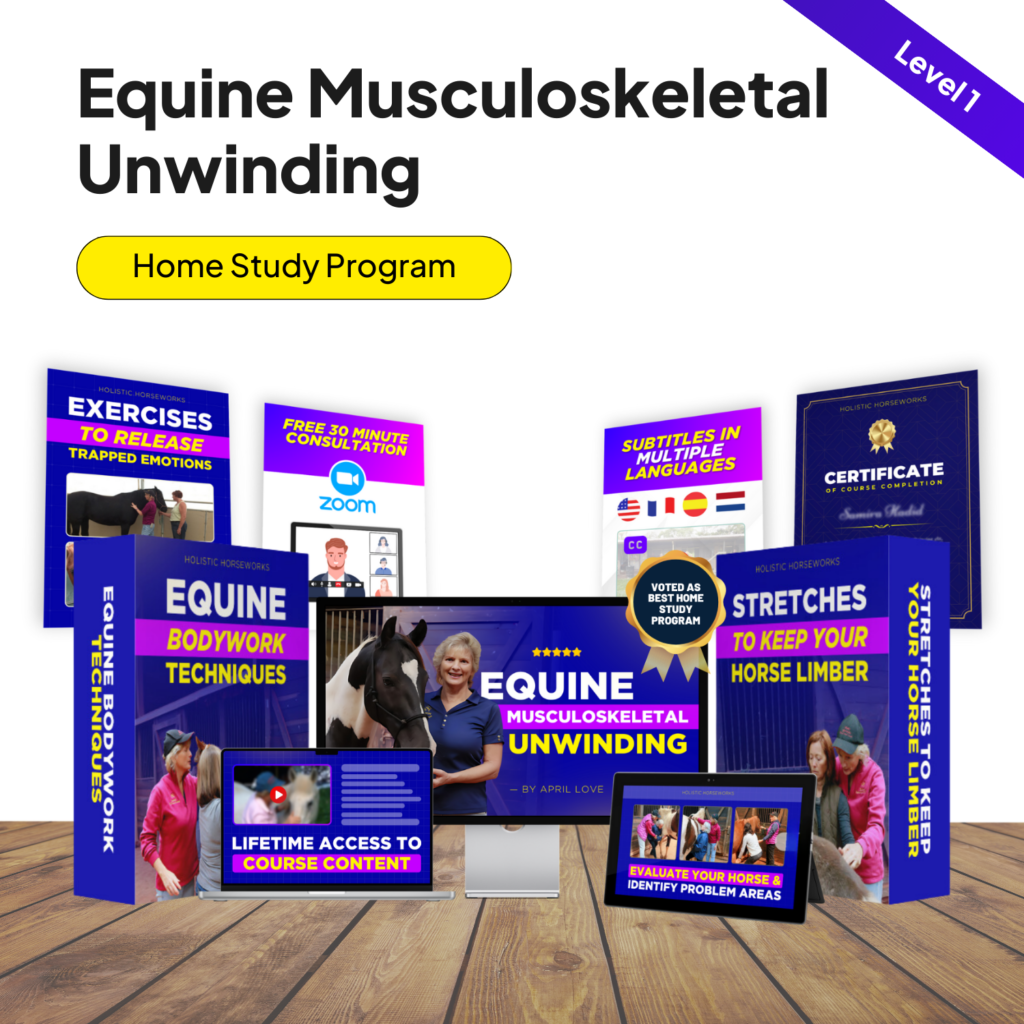
Your journey to holistic horse care starts here
Equine Musculoskeletal Unwinding is our Level 1 program that will get you off to a great start with horse care! Along with many physically supportive techniques, this course goes over balancing chakras and aligning acupressure meridians, along with techniques in “listening” so that you can finally hear what it is your horse has been trying to tell you!
Get The Free Ebook
Horse 101: Everything You Wish You Had Known Before You Got Your First Horse
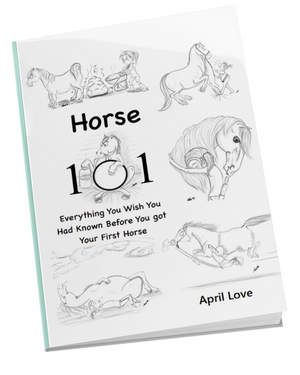
Download Now
Shop Horse Care
On Key
Related Posts
DISCLAIMER: This is not intended to be a substitute for professional veterinarian advice, diagnosis, or treatment. Always seek the advice of your veterinarian with any questions you may have regarding the medical condition of your pet, and always consult them in the case of an emergency.
© holistichorseworks.com 2024
Made By UDIT MEDIA



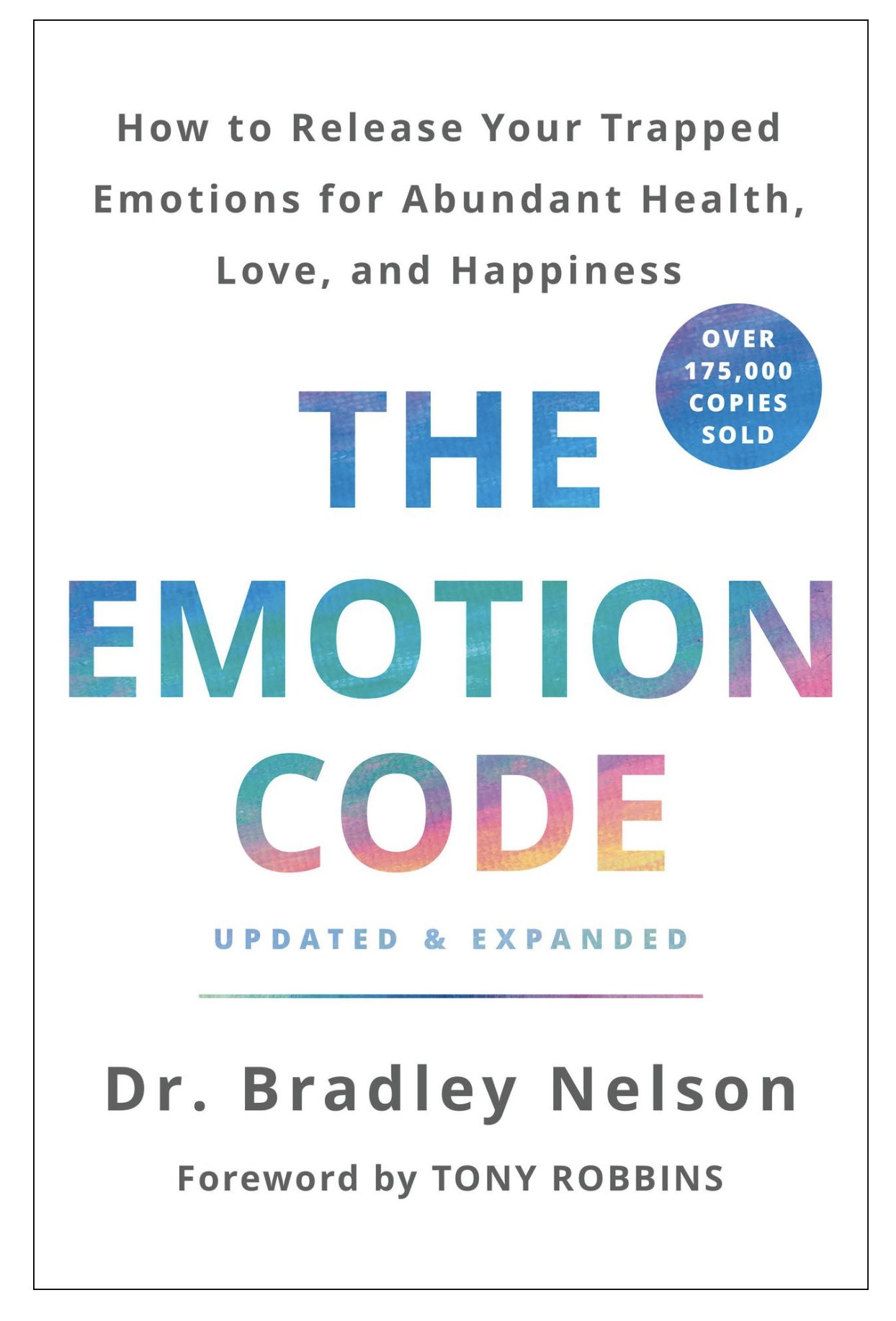
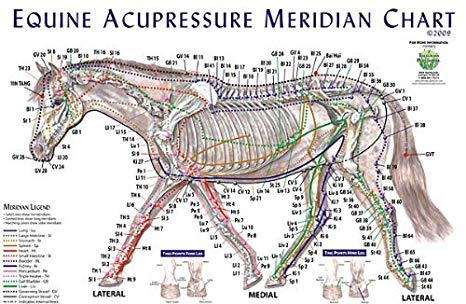
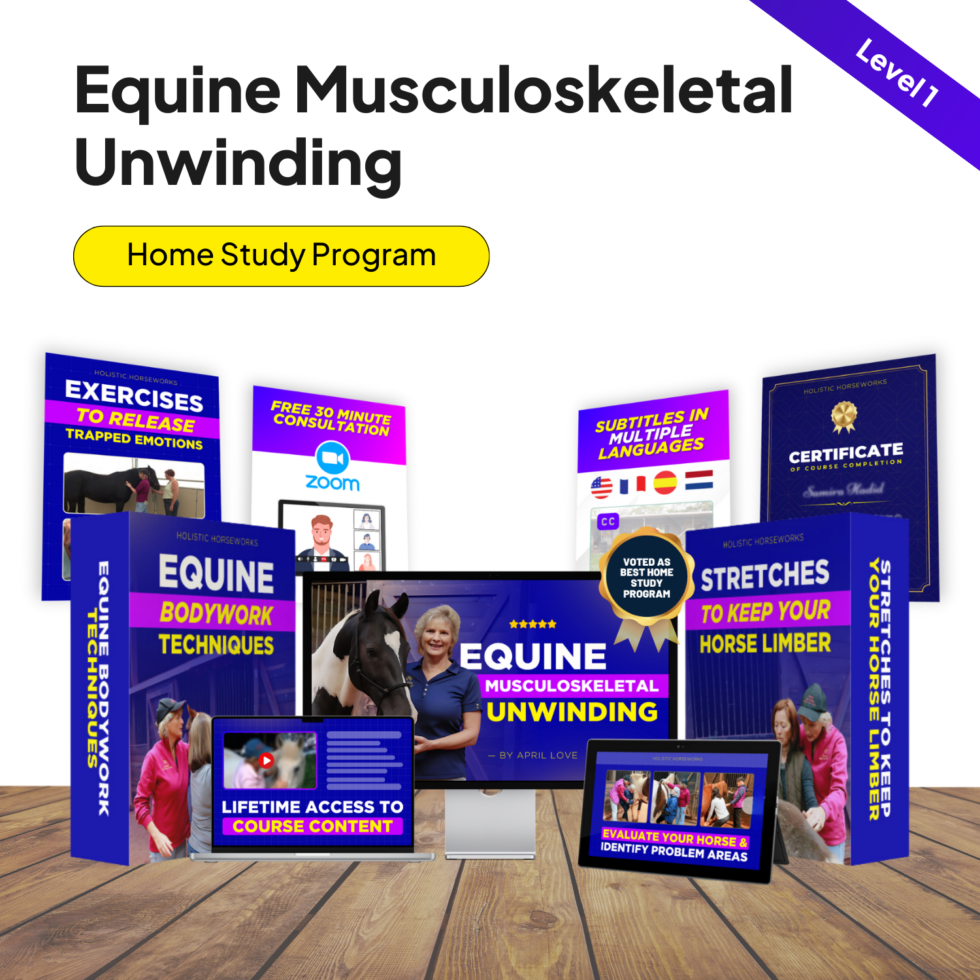
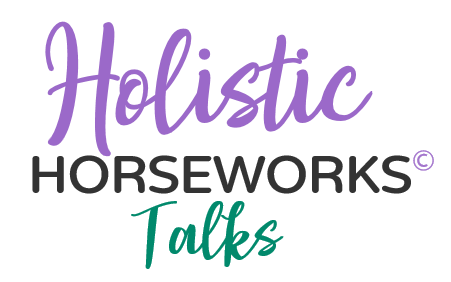
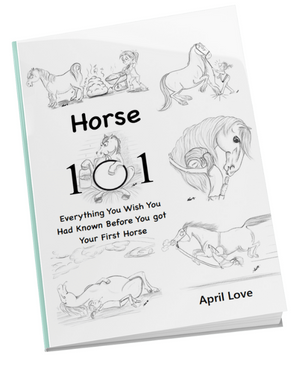
![Complete Level 1 & Level 2 Home Study + Private Training Package [NO DVD]](https://holistichorseworks.com/wp-content/uploads/2022/08/Level-1-and-Level-2-complete-home-study-and-training-package-400x400.jpg)
![Level 1 "Equine Musculoskeletal Unwinding" Home Study -Watch Instantly [NO DVD]](https://holistichorseworks.com/wp-content/uploads/2022/08/Level-1-Home-Study-400x400.jpg)
![Level 2 “CranioSacral Unwinding & Advanced Applied Kinesiology” Home Study - Watch Instantly [NO DVD]](https://holistichorseworks.com/wp-content/uploads/2022/08/Level-2-Home-Study-400x400.jpg)
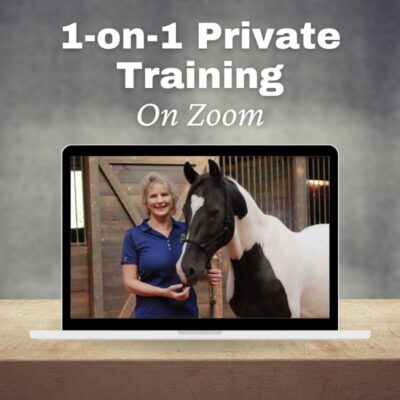
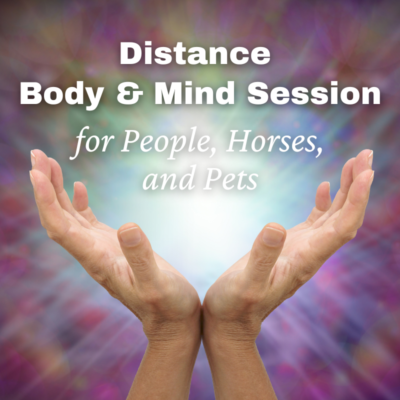
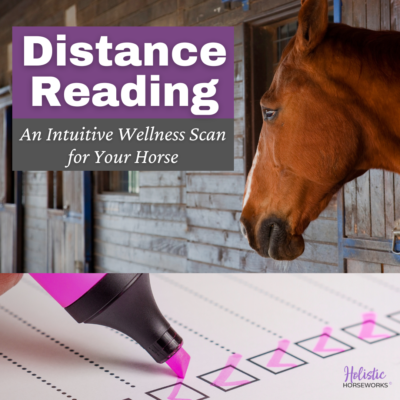
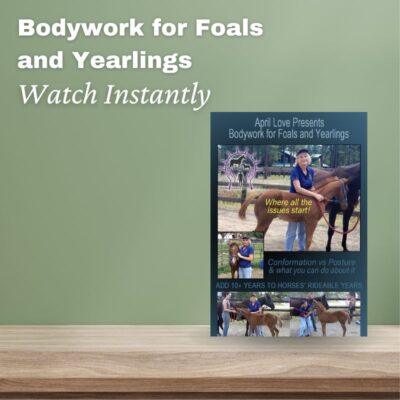
![Equine CranioSacral Energy Work -Watch Instantly [English and French]](https://holistichorseworks.com/wp-content/uploads/2022/09/equine-cranial-sacral-energy-work-watch-instantly-400x400.jpg)
